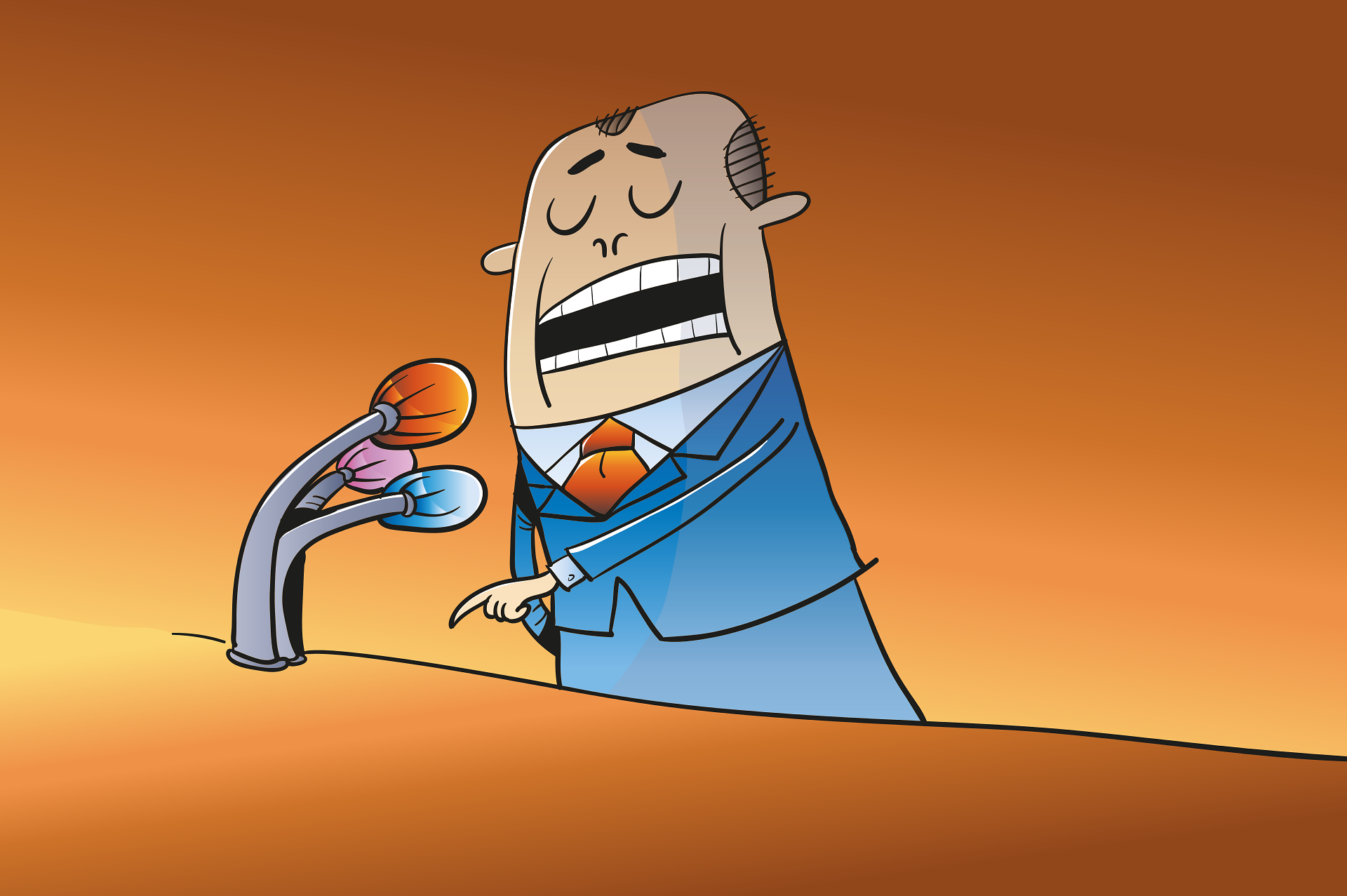Religion in Politics: Freedom of Expression or a Tool for Control?
In Europe, most countries pride themselves on being secular republics, where religion is separate from state power. Constitutions guarantee everyone’s right to hold any belief and to organise freely. But when it comes to public figures, particularly politicians, the issue becomes more delicate. Is it acceptable for a leader to use religious messages in their speeches? And if so, where is the line between personal expression and electoral manipulation? Let’s debate.
1. Politicians and Religious Messages: Arguments For and Against
Arguments For
Freedom of expression is a pillar of democracy. A politician, like any citizen, has the right to express their convictions, including religious ones. Phrases such as “God be with us” or “We believe in God” can be seen as mere polite formalities, akin to saying “Good day”. In countries like Poland or Greece, where religion is deeply rooted in culture, such messages are perceived as natural, not propaganda.
National culture also plays a role. In Ireland, for example, references to Christianity are part of the collective identity. Abandoning them could alienate a portion of the population that identifies with these values.
Arguments Against
On the other hand, religion can become a political tool. When a leader claims that “God guides their decisions”, they create an aura of infallibility, suggesting that opposition is “against divine will”. This has been observed in the United States, where evangelicals are often targeted by political promises, even though these lack practical solutions for healthcare or education.
Another danger is the alienation of minorities. In France, where Islam is the second-largest religion, excessive Christian messaging from some politicians has led to tensions. Non-Christian citizens may feel excluded, undermining the ideal of equality.
2. Religious Jokes: Where is the Line?
The constitution guarantees freedom of expression, but what happens when this takes the form of jokes about religion? Take the case of comedians satirising rituals or dogma. On one hand, humour can demystify extremism. For example, in Denmark, controversial cartoons of the Prophet Muhammad sparked global protests but also opened discussions about press freedom.
On the other hand, there is a risk of normalising contempt. When a politician mocks Orthodox ceremonies in a country like Romania, where the Church holds major influence, they not only criticise but also reinforce divisions. Here, common sense comes into play: there is a difference between highlighting the absurdity of certain practices and ridiculing personal beliefs.
Moreover, no one is immune to criticism. If a politician expresses their faith publicly, they must be prepared to face sarcastic retorts. Freedom of expression works both ways.
3. The Majority Religion: Does It Hold More Value?
In theory, European secularism does not differentiate between beliefs. In practice, however, the majority religion holds an invisible advantage. In Germany, though the state is secular, the Catholic and Protestant Churches receive public funding through church taxes. This does not apply to Islam or Buddhism.
Why does this matter?
- History vs. Modernity: Countries like France or Belgium, with centuries of secular tradition, have integrated religious diversity better than post-communist states. In Hungary or Poland, where the Catholic Church survived authoritarian regimes, religion is used as a symbol of national resistance. Politicians exploit this sentiment, promoting “anti-LGBT” laws or abortion restrictions under the guise of protecting “Christian values”.
- Education as a Solution: Poverty and lack of education reinforce fundamentalism. In 1990s Romania, after the fall of communism, the Orthodox Church gained influence by filling the void left by a weak state. Today, with access to European education, the younger generation is more critical of the mixing of church and politics.
4. Secularism: An Imperfect but Necessary Ideal
Examples from Europe show that a clear separation between religion and state does not eliminate tensions but manages them better. In the Netherlands, where nearly 50% of the population identifies as non-religious, politicians avoid religious messages to avoid alienating voters. Conversely, in Italy, where the Vatican holds direct influence, laws on divorce or euthanasia are often blocked by Christian groups.
What can we learn from this?
- Transparency: Religious messages in politics must be sincere, not electoral tactics. If a politician participates in rituals only during campaigns, citizens have the right to question their intentions.
- Respect for Diversity: A country is not defined solely by its majority religion. Politicians should promote interfaith dialogue, not wield faith as a weapon against minorities.
Conclusion: Freedom Requires Responsibility
Religion in politics is not inherently harmful but becomes problematic when used to divide or manipulate. In an increasingly diverse Europe, secularism remains the best way to protect both religious freedom and social cohesion. Politicians must remember that their role is to represent all citizens, not just the majority. And citizens, in turn, must remain vigilant: a joke may be harmless, but a vote based on religious dogma can have dire consequences.
To paraphrase an old principle: “Render unto Caesar the things that are Caesar’s, and unto God the things that are God’s”. In politics, let’s keep things within the bounds of reason.
